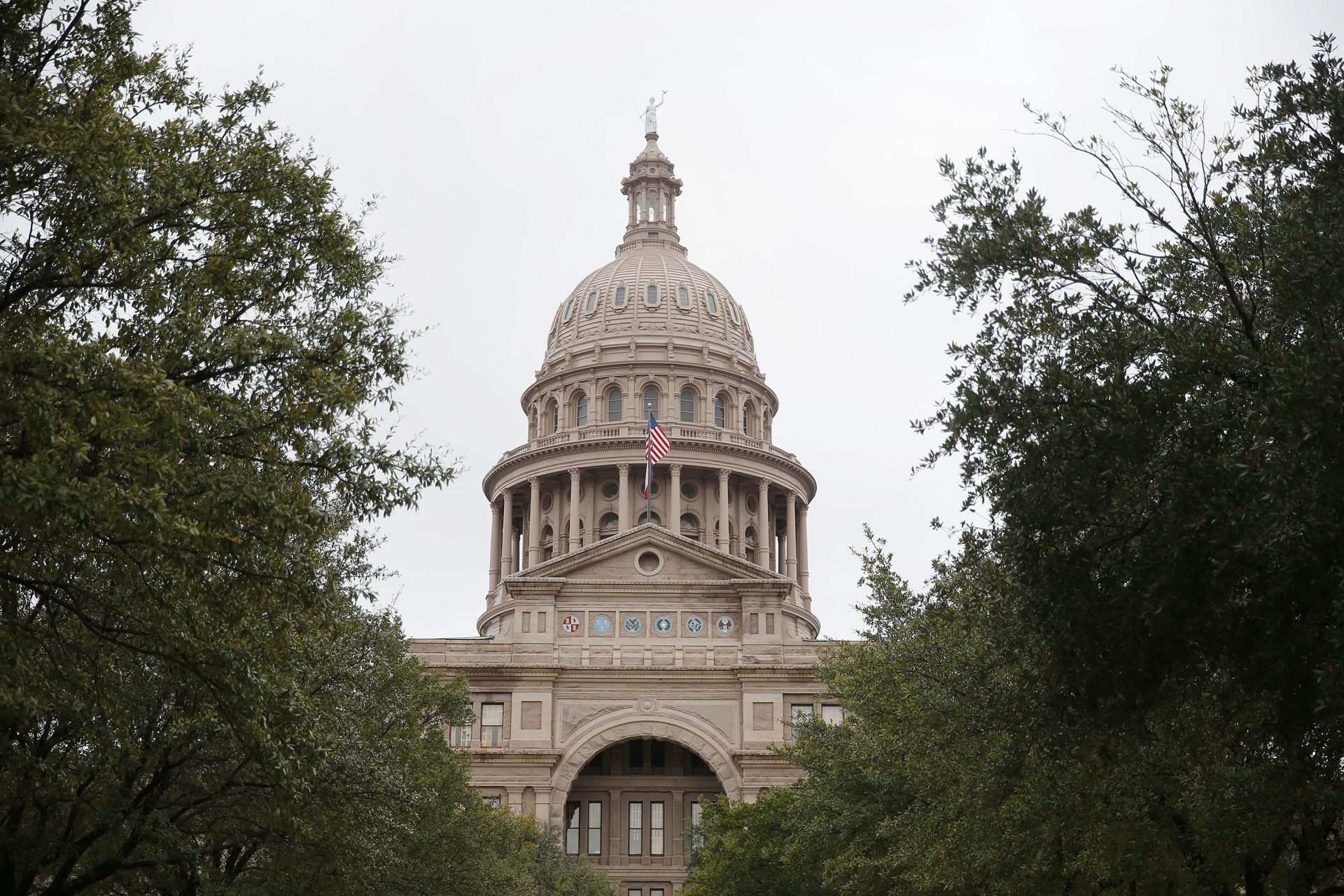
|
Only have a minute? Listen instead |
A year ago public entities across the Rio Grande Valley and throughout Texas were excited about a record $32.7 billion budget surplus sitting in the state’s coffers as the legislative session began. Today, many of those same entities are hurting.
In the Valley alone, the McAllen public school district has bowed out of cooperative agreements that involved investments with the city, University of Texas RGV and other partners. The Brownsville school board recently voted to close three elementary campuses, consolidating their students into other schools. Cities, counties and other offices are canceling, reworking or rethinking their own planned expenditures.
What happened?
Certainly, many people are asking, where did the money go? The answer is more complicated — and perhaps more simple than some people might like to think.
One unfortunate answer is hubris. Many officials apparently gave in to the idea that their own entity and their mission were so important that a share of the surplus pie would certainly come to them. Of course, cities and counties would get allotments; they are the grass roots of governance. Of course schools would get their share; the state’s largest budget item is education. Of course teachers would get raises; schools can’t function without them.
Apparently, some of those entities accounted for those expectations when drawing up their own operating budgets.
Much of the money also was lost to politics and priorities.
Some of it was used to fund Gov. Greg Abbott’s border policies, including the purchase of shipping containers, razor wire and other obstructions along the Rio Grande and the deployment of state troopers, National Guard troops and others to patrol the border and inspect freight trucks. Some of the money was used to replace revue lost to recently enacted property tax cuts. Funds that initially were targeted for education were held hostage to the governor’s efforts to enact school choice options. That money wasn’t allocated after those efforts failed during the regular legislative session and several special sessions.
In the end, more than half of the money is still sitting in state accounts. Comptroller Glenn Heger announced on Oct. 5 of last year that he was still sitting on $18.6 billion in surplus funds and he planned to continue sitting on it because he still expects President Joe Biden’s policies to create a major inflationary period.
Inflation or not, there’s nothing wrong with holding on to at least part of the surplus. Many people believe it should be an exclusive emergency fund, and in the past it has been used that way, providing funds to areas that need help recovering from natural disasters and other unexpected emergencies.
In the end, this can be an opportunity to learn. Local entities can learn not to depend too much on funding that hasn’t been promised. Perhaps they can learn to communicate better with their representatives in Austin, who might be able to give them hints regarding possible allocations.
They — and voters as well — can also learn that money is power, and politicians are only too happy to wield it, with little regard to their constituents needs and requests.

